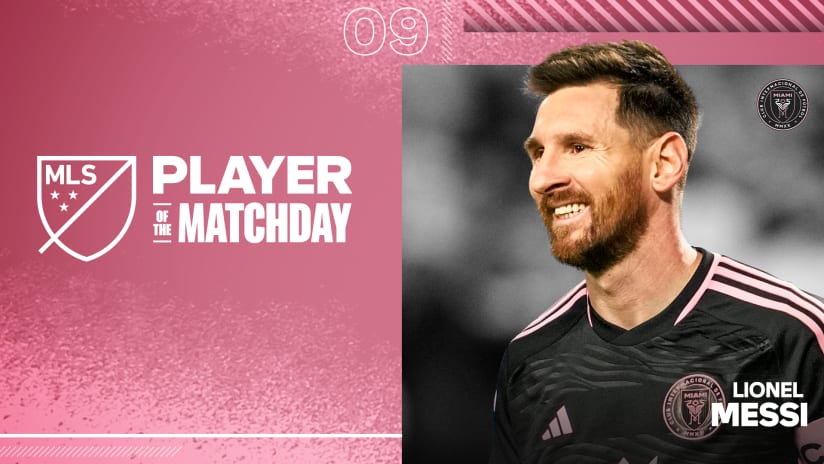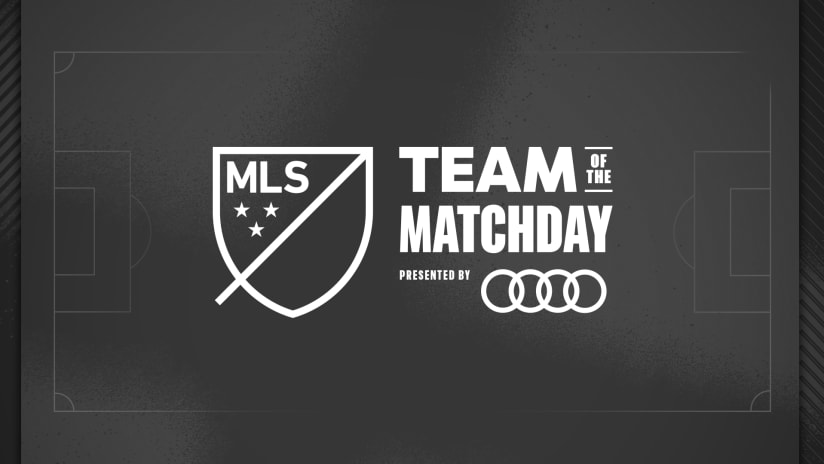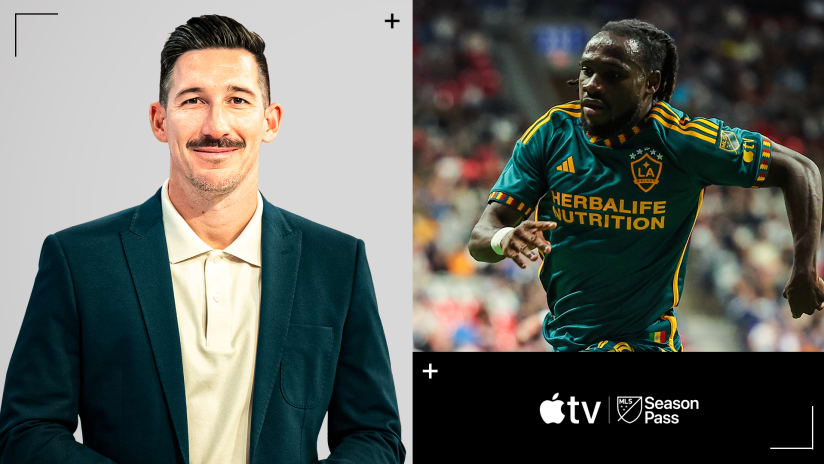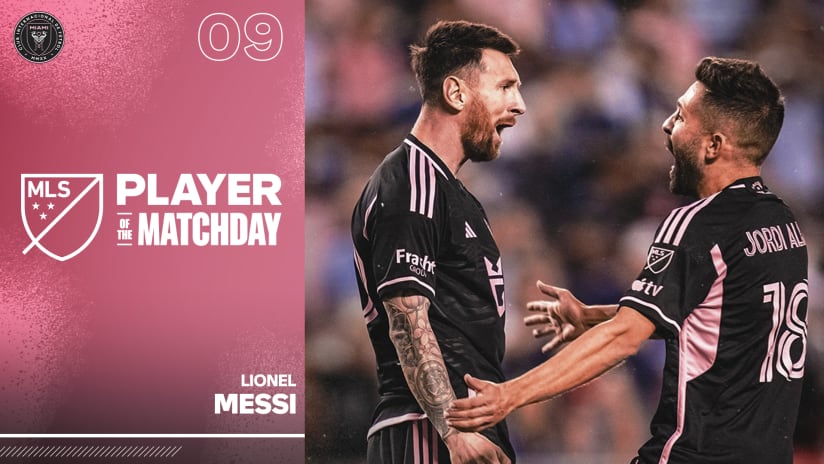Watching the closing moments of "The Sopranos" season finale, one had the notion that Tony Soprano might need a place to hide, somewhere where no one would ever look and wouldn't find him if they did.
I might know the perfect spot: a job as an assistant coach in MLS.
Except to the soccer community (a kind of "family" in itself), there's a lot of invisibility in the league. Most fans can name the top players. Only the most ardent can name every team's starters and all ten head coaches.
Here's a bet that less than one per cent of Americans who identify themselves as soccer fans could name even one MLS assistant coach.
Burn manager Colin Clarke was one of the anonymous until late last season, when he was tabbed to take over the team when Mike Jeffries was dismissed. When Clarke was given the job on a full-time basis in the offseason, it didn't take him long to identify whom he wanted on his staff. Former Burn player Bryan Haynes, a relative neophyte to the coaching profession, was retained. And defender Steve Morrow, once very public in a 10-year stint playing for Arsenal, was soon nominated to be Clarke's right hand man when a lingering neck injury forced his retirement.
Morrow was good at his new job. He really enjoyed it, and one veteran Burn player said early this season Morrow and Clarke formed "a perfect pair" as coaches.
So when family matters caused Morrow to resign abruptly and return to England a few weeks ago, Clarke was left to scramble. He and the Burn were probably fortunate to be able to find John Trask to fill the spot in the first week of June.
The questions then become, who is John Trask, and from what is he hiding that he would want to enter soccer's version of the Witness Protection program?
The answer to the second question is nothing. A good situation and a man seeking one found each other.
John Trask cut his soccer teeth first playing for the storied collegiate program at Indiana University, then spent 10 years working as an assistant for his mentor, legendary IU coach Jerry Yeagley. For the last four years, he has been one of those invisible MLS assistants, working for Ray Hudson first at the Miami Fusion and then D.C. United. When Hudson was sacked after last season, so was Trask. It's part of the job.
It's also a way to network, and those years as fellow assistants are where Clarke and Trask first met. They encountered each other at clinics and on scouting missions, and Clarke knew of Trask through the grapevine.
Ironically, John Trask and pro soccer in the Dallas area are no strangers to one another. As a youngster, Trask lived with his family for a time in Fort Worth.
"The first pro soccer game I ever saw," he recalled after a recent Burn training session, "was a Dallas Tornado game in the NASL. So in a way I'm coming home."
The styles of Hudson and Clarke as managers are different, and Trask believes that difference has helped prepare him for this job.
"Ray wanted to be more like a traditional English manager", he recalls. "He oversaw the forming of the plan, and then the assistants ran practice. It was up to the staff and the veteran players to have the team ready to go. Colin is a more hands-on skipper, involved in running training himself. He's told me he'll expect my input. He'll ask for opinions and he'll expect us to have them, but when it comes time to make the final decisions, they're his, and once a decision is made, we all support it. I think that's exactly the way it should be."
Trask believes he was helped as a pro coach by the veteran players the Fusion assembled in Miami, notably Preki and Diego Serna.
"For some reason," he notes, "those guys took to me, and it helped me understand what pro players need and how to communicate with them."
That was invaluable information for Trask, who played at Indiana but not as a pro. As a Hoosiers assistant, though, he helped coach some of MLS' best future players, including Plano, Texas native and current Kansas City Wizard Nick Garcia, Columbus' Brian Maisonneuve and former U.S. and Burn midfielder Chad Deering.
Trask believes his strengths as an assistant with the Burn are "running a (training) session, and my knowledge of the league," as a result of his experiences with both Yeagley and Hudson. Clarke concurs.
"He certainly knows MLS and its players, and that's a big asset," says the boss. "And I've watched him; he knows how to put a session on. We do this as a team, and we expect John will be a big help. We're lucky to have found him when we needed someone."
The shame of the story is that, to observers, Steve Morrow seemed to be building a tremendous start to a career in coaching. His leadership as a player demonstrated over a long career was evident to any practice observer, and that carried over. The sport will benefit if Morrow is able to resume that track in the future, especially in MLS.
As for Trask, he hopes to continue on a path that will lead him to being a head coach in the league.
"I think my future is as a pro coach," he affirms. "There are some particular things a college coach has to be able to do, and I think my strengths may be more in this area."
And in the meantime, if anyone's looking for John Trask, we know now right where he can't be found.










